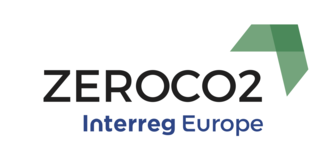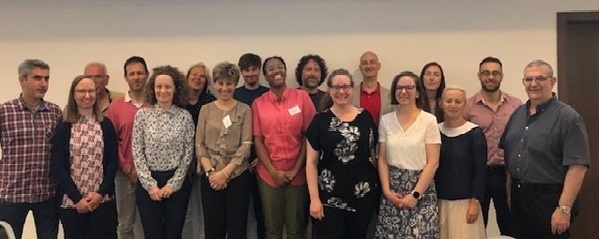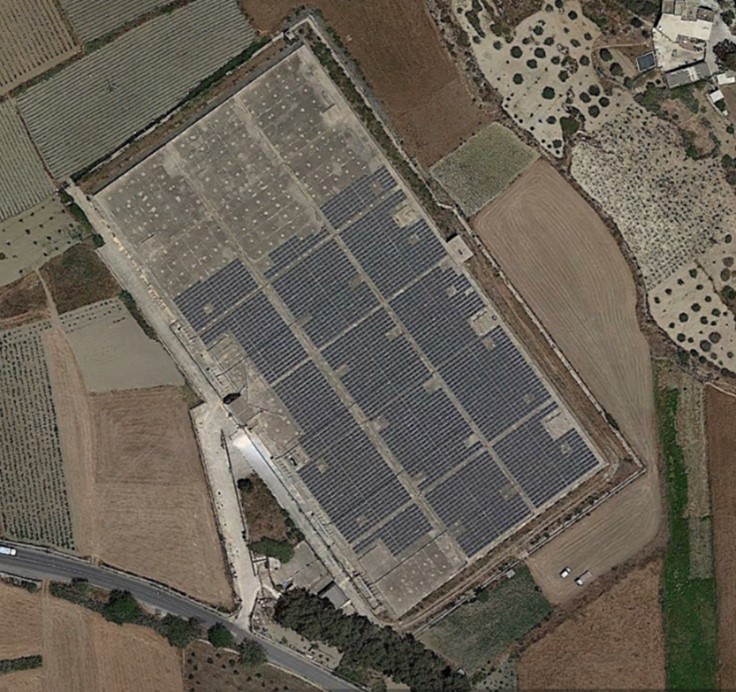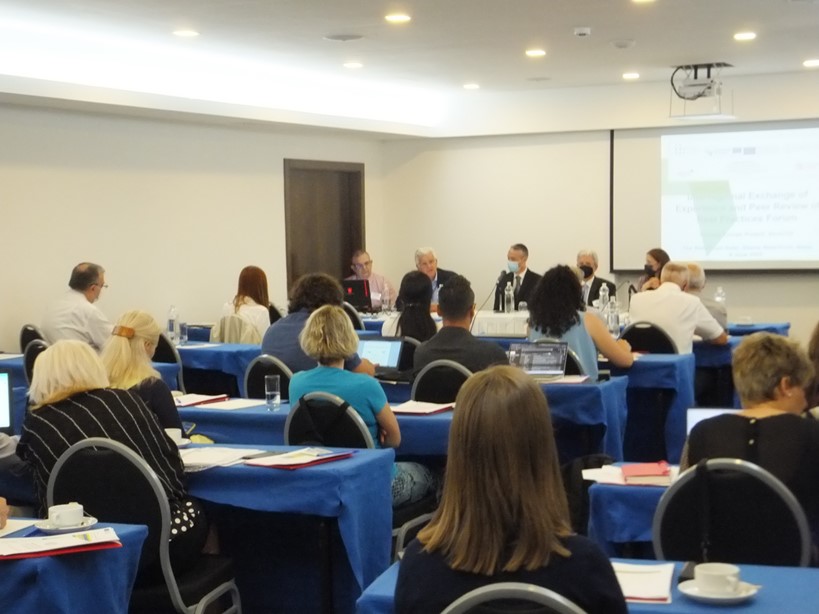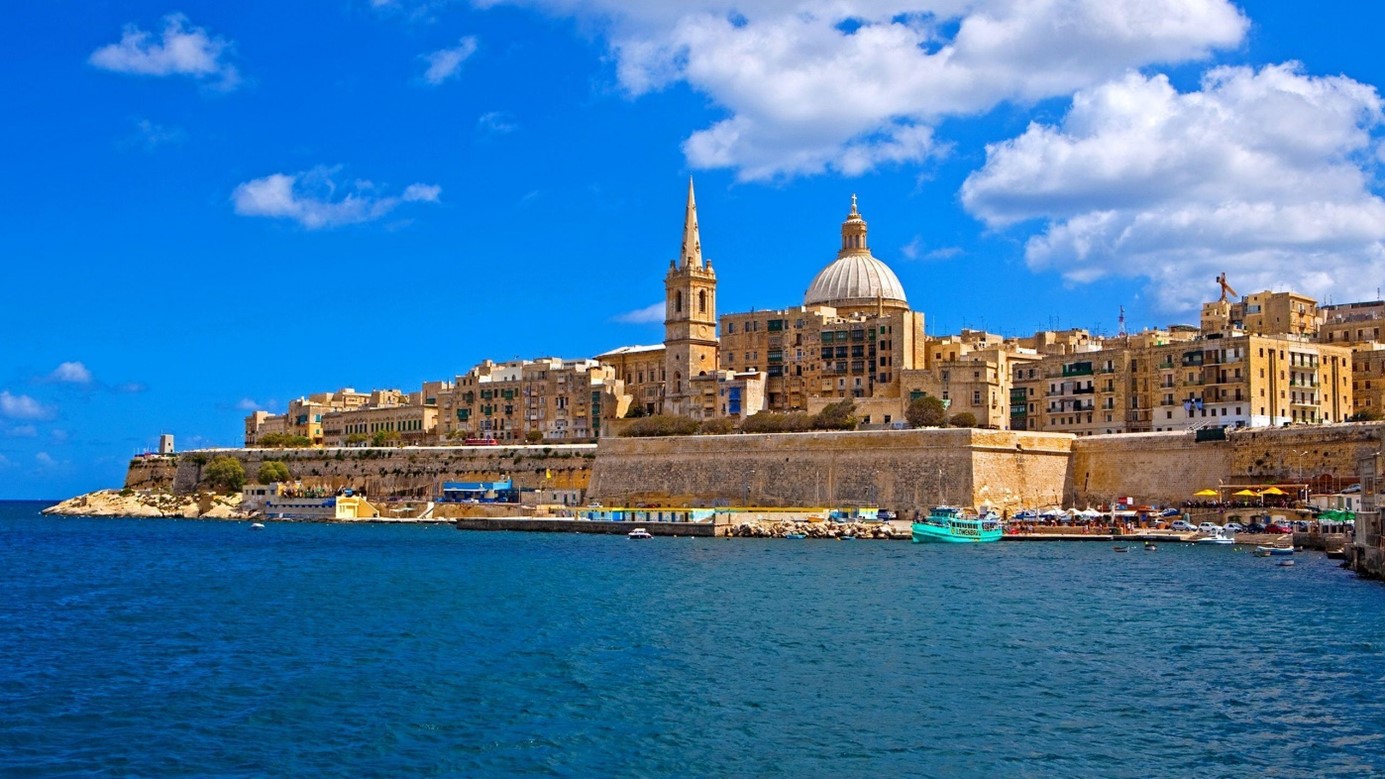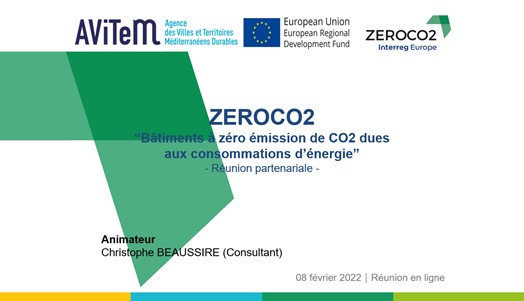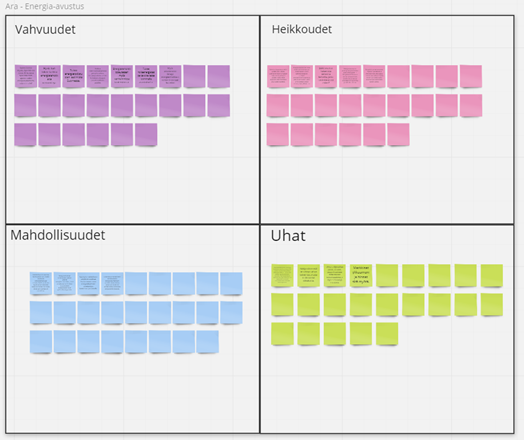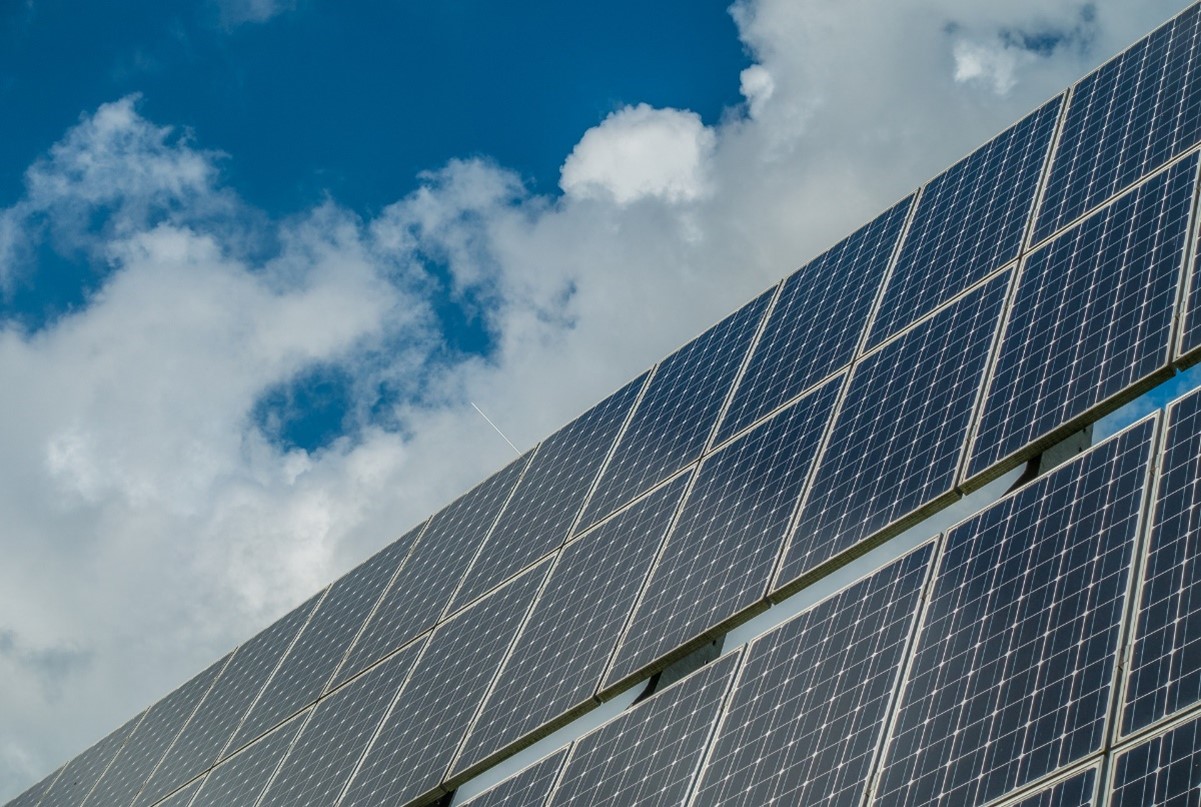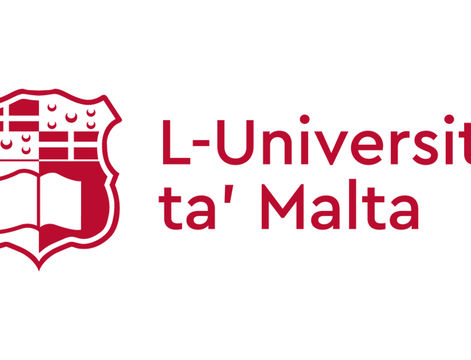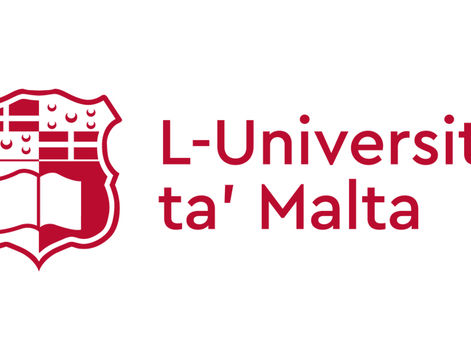The first presentation focused on delivering an overview of the Interreg-Europe project ZEROCO2 and a summary of all the activities, outputs and future works of the project. This was deemed necessary to put the participants into perspectives especially those who may have missed previous seminars.
The second presentation focused on explaining the technology options that have undergone substantial testing in Malta over the past 20 years, highlighting the main results, precautions and potential application in the different building sectors. These were also linked to existing policies visà- vis financial support schemes and other support measures, highlighting any weaknesses and proposing the way forward to further promote these technologies to achieve nearly zero carbon emissions in public and other buildings.
In the third presentation, the authors showed that for three examples of buildings (hotel, restaurant and shop), it is possible to achieve a lower carbon footprint, the cost optimal levels for 2018 and 2020 have been explained, together with sensitivity analysis. The results can help policy makers determine the minimum energy requirements for these categories of buildings and ensure that the renovation industry for buildings start picking up even before the new recast of the Energy performance of Buildings Directive kicks in after the year 2020.
When one looks at the fourth presentation, it becomes apparent that although shallow-ground geothermal systems have never been utilised in Malta, this technology offers attractive benefits when used with a heat pump for space heating and cooling of buildings. It has been shown that the operational costs of a shallow-ground geothermal heat pump could be as low as 70% of that of the widespread air-to-air reversible cycle air-conditioners. Such a technology could be well adapted to new buildings as they strive to become carbon neutral after 2020.

Good practices: open discussion and examples emerging from the local level
During the seminar, a number of discussions took place where participants showed a concern on the lack of incentives to a number of energy efficient and renewable energy systems and that there is too much focus on installing photovoltaics. Architects and engineers felt the need for greater awareness and even training sessions for all professionals involved in the construction and building services industry, to be able to design and build nearly zero energy by next year, when all new and renovated public authority buildings need to be nearly zero energy. Some participants were sceptical on the applicability of shallow-ground geothermal systems in Malta, but it was confirmed that from the preliminary tests conducted so far, this technology promises good results. It was also mentioned that such technology is quite common in several European countries and the U.S.A. There was common consensus that there is sufficient knowledge on the potential of energy efficiency and renewable energy technologies, which can be easily studied by the policy makers to produce better incentive schemes, targeting specific sectors. There was a genuine interest to start devising projects to renovate public housing projects and the results of the project ZEROCO2 will be useful to help guide the way forward for these projects.
